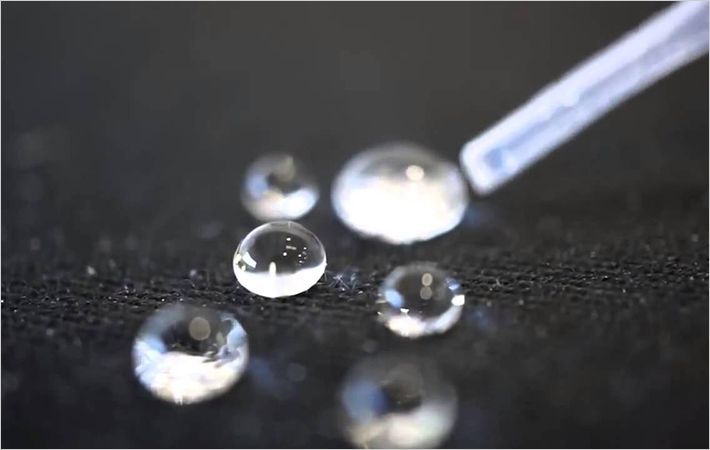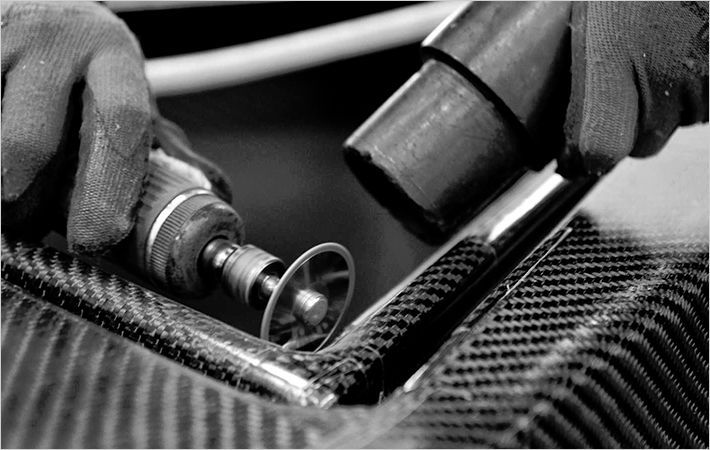According to a recently published report by TechSci Research "Germany Automotive Adhesives Market Forecast & Opportunities, 2018," the automotive adhesives market in Germany is expected to grow at a CAGR of around 6% during 2013-2018.
The majority share of the automotive adhesives market is held by Henkel GmbH. The market for automotive adhesives is highly competitive in Germany, as it relies on product innovation in order to meet integration requirement of OEM manufacturers along with the increasing emphasis on reducing the weight of vehicle.
The German government plans to manufacture over 1 Million electric vehicles by 2020 as a part of the Germany National Electro-Mobility Development Plan. This is expected to contribute to the growth of automotive adhesives in the country.
The major component in any electric vehicle is its battery, which is required to be highly efficient but it is also quite heavy in weight. The automotive manufacturers are confronted with a challenge of minimizing the overall weight of the vehicle, without compromising with the safety of the passengers.
This challenge can be overcome by incorporating the use of composite or lightweight materials for manufacturing the car body, which has efficient bonding capability as well as ability to provide crash worthiness and cost optimization to the manufacturer.
“The only feasible way to manufacture lightweight automotive is usage of composite materials or lightweight materials, thus making the use of automotive adhesives imperative during automotive manufacturing.
The ability of these adhesives to meet the new requirements of the automotive industry coupled with stringent environmental norms will help the growth of its market in Germany,” said Mr. Karan Chechi, Research Director with TechSci Research, a research based global management consulting firm.
The European legislation has framed firm regulations to minimize carbon emissions from the automotive industry. It has defined a value curve which limits CO2 emission for new vehicles according to the mass of the vehicle.
As per the set value, permitted specific emission of CO2 is directly proportional to the mass of the vehicle; in case the mass is high, the permitted target is also high. Inability to meet these targets would attract high carbon taxes. Thus, it becomes imperative for automotive manufactures to reduce the vehicle mass.
“Germany Automotive Adhesive Market Forecast & Opportunities, 2018” has analyzed the potential of the automotive adhesives market in Germany and provides statistics and information on market sizes, shares and trends. The report will suffice in providing the intending clients with cutting-edge market intelligence and help them in taking sound investment decisions. Besides, the report also identifies and analyses the emerging trends along with essential drivers and key challenges faced by the industry.
TechSci Research

